As we are moving into 2026, more founders and investors are looking beyond their home markets to optimize tax, access new customers, and diversify risk. Asia and the Middle East are at the center of this shift.
Multilateral agencies like the IMF and Asian Development Bank (ADB) expect Asia-Pacific to contribute around 60% of global growth in 2025–2026, even as overall global growth stays moderate.
Using latest data on FDI inflows, government reforms and growth forecasts, these are the Top 5 countries to watch in 2026 if you’re planning a company setup or expansion:
- United Arab Emirates (Dubai)
- Singapore
- Vietnam
- Indonesia
- Philippines
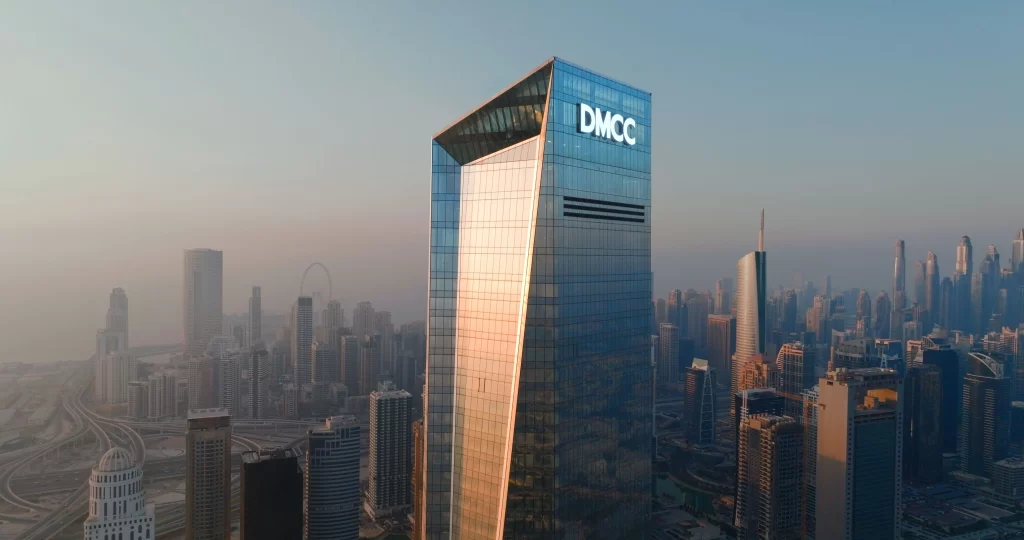
1. United Arab Emirates (Dubai)
Why it’s on the list: FDI magnet + pro-investor tax regime + fast-growing non-oil economy
According to the UAE government, FDI inflows reached USD 30.7 billion in 2023, up from USD 22.7 billion in 2022, making the UAE second globally in FDI inflows in that year, based on UNCTAD’s World Investment Report 2024.
The UAE also promotes more than 40 free zones offering 100% foreign ownership and tax exemptions, giving foreign investors flexibility to choose a zone tailored to their activities.
On the macro side, the IMF and UAE central bank both project real GDP growth around 4.8–4.9% in 2025 and about 5% in 2026, driven largely by non-oil sectors like tourism, finance, real estate and construction.
Meanwhile, Dubai has evolved into a startup and innovation hub: recent analysis shows nearly 1,000 active startups, with hundreds of new digital startups launched between 2024 and 2025, supported by accelerators, family offices and events like GITEX.
Why founders should watch the UAE in 2026
- Top-tier FDI performance with rising inflows
- Pro-investor tax framework (low corporate tax, no personal income tax in most cases)
- Dozens of free zones with 100% foreign ownership and sector-specific ecosystems
- Non-oil growth story supported by tourism, finance and tech
Best fit:
Holding companies, global trading, consulting and service businesses, digital/crypto-friendly structures, founders seeking tax-efficient residency.
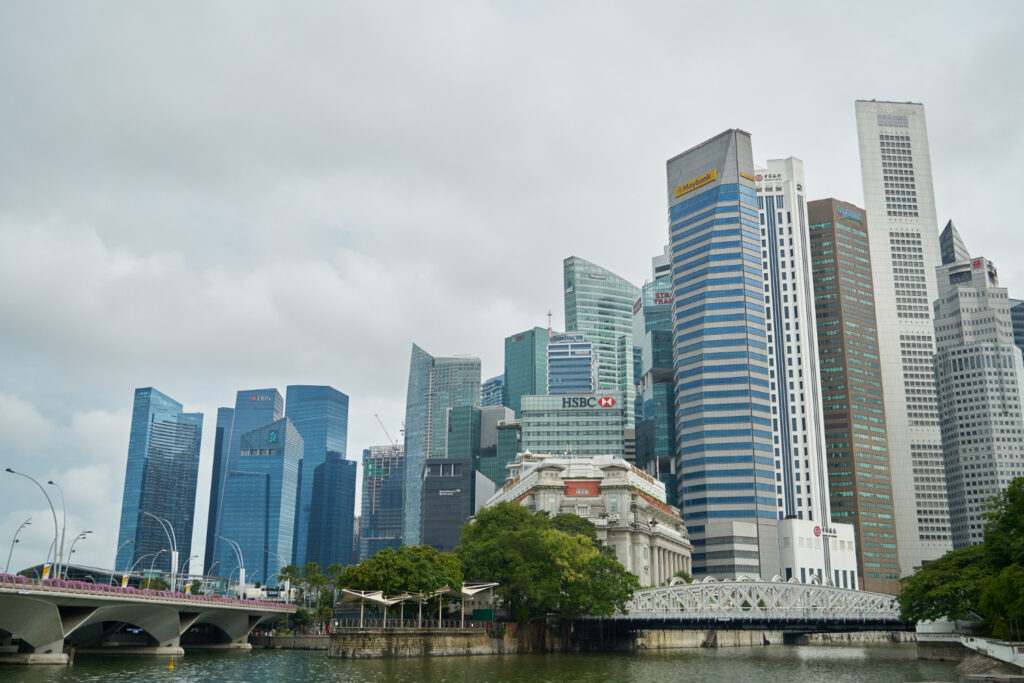
2. Singapore
Why it’s on the list: Asia’s financial hub + huge FDI + world’s best business environment
Singapore is consistently ranked as one of the best places in the world to do business. The Economist Intelligence Unit (EIU) ranks Singapore #1 globally for business environment, thanks to strong institutions, infrastructure, and investor-friendly regulation.
On the investment side, UNCTAD data (summarized by Lloyds Bank Trade) shows FDI inflows of USD 159.6 billion in 2023, up from USD 141.1 billion in 2022 — making Singapore the world’s third-largest FDI recipient after the US and China.
Growth is moderate but very stable. Recent research from DBS and other analysts suggests Singapore can average real GDP growth around 2.3% to 2040, with GDP expected to more than double from 2024 levels.
Why founders should watch Singapore in 2026
- Huge, stable FDI inflows and a globally trusted financial system
- Top global ranking for business environment (rule of law, regulation, infrastructure)
- Strategic hub for ASEAN, India and China, with deep capital markets
- Strong ecosystem for fintech, funds, family offices and regional HQs
Best fit:
Regional and global headquarters, fintech, funded startups, investment holding vehicles, high-net-worth structuring (family offices, trusts).
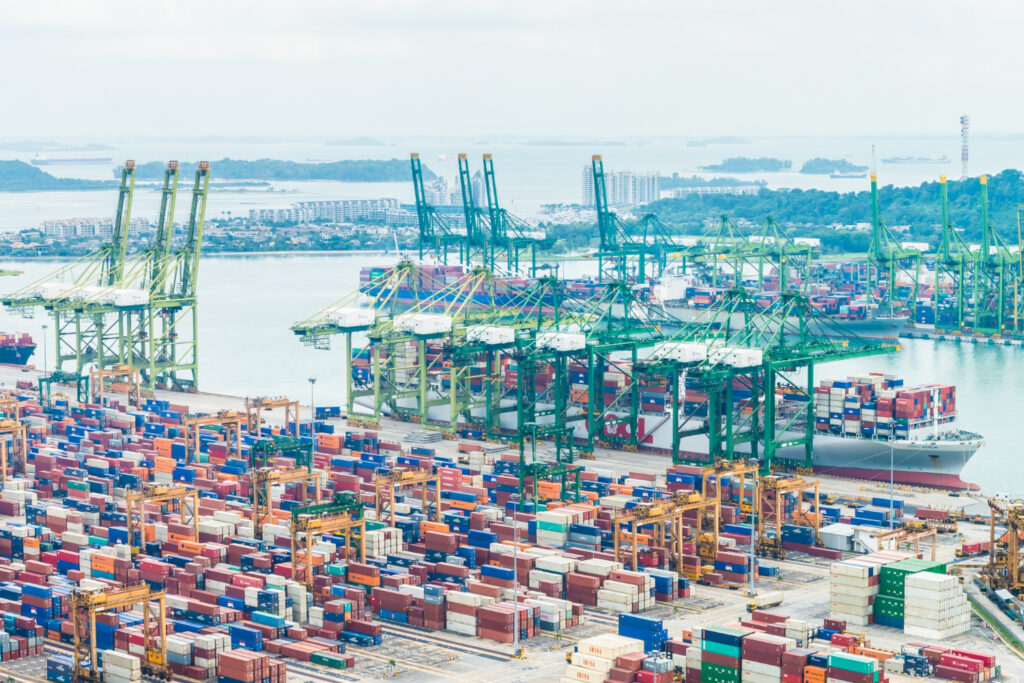
3. Vietnam
Why it’s on the list: Fastest-growing major economy in ASEAN + FDI hotspot + “most improved” business environment
Vietnam is one of the stand-out growth stories in Asia. ADB’s Asian Development Outlook (July 2025) projects GDP growth of 6.3% in 2025 and 6.0% in 2026, still among the fastest in the region despite global headwinds.
The government is even more ambitious: Vietnam’s prime minister recently announced a target of at least 10% GDP growth in 2026, with trade expected to reach USD 900 billion in 2025 and major infrastructure projects underway.
On the investment side, UNCTAD’s World Investment Report (summarized by Lloyds Bank) records FDI inflows of USD 18.5 billion in 2023, above pre-pandemic levels, with total FDI stock around USD 228.9 billion (about 52.8% of GDP).
Vietnam’s planning ministry also reported that total registered FDI commitments (new, additional and share purchases) reached about USD 36.6 billion in 2023, up 32% year-on-year.
From a structural perspective, EIU highlights Vietnam as the most improved country in its business environment rankings over the past 20 years, reflecting sustained reforms and openness.
Why founders should watch Vietnam in 2026
- Among the fastest-growing economies in ASEAN with 6–7% projected growth
- Rising FDI inflows and very high FDI stock relative to GDP
- Manufacturing and export powerhouse, benefiting from “China+1” strategies
- Recognized as most improved business environment in EIU analysis
Best fit:
Manufacturing, supply-chain and logistics, consumer goods, electronics, export-oriented SMEs, and tech/outsourcing operations.
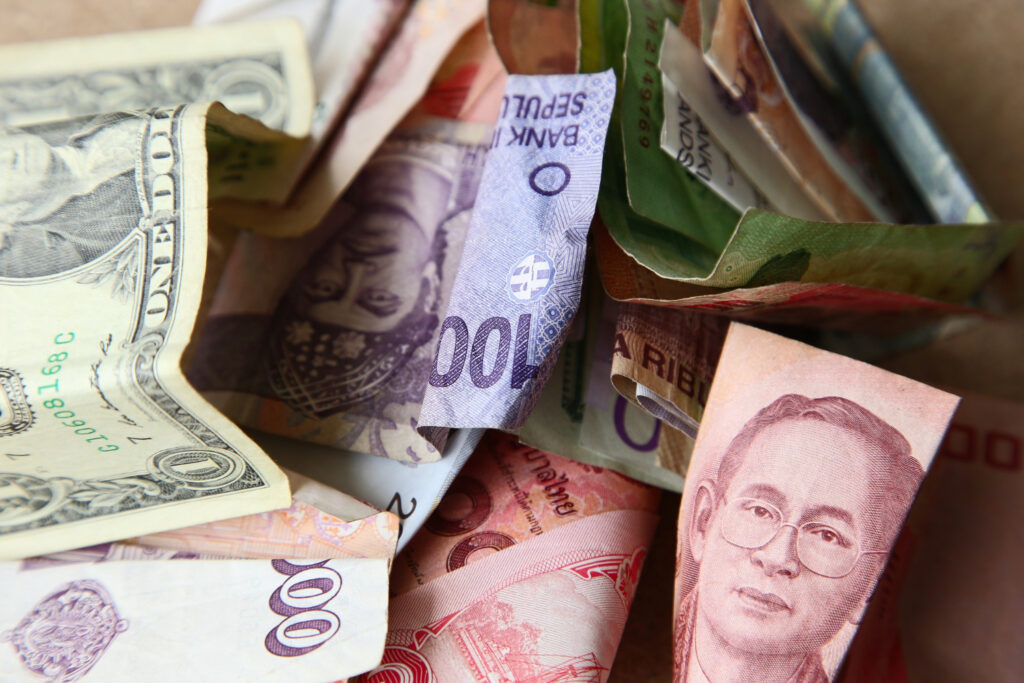
4. Indonesia
Why it’s on the list: Massive domestic market + major reforms to open sectors + solid growth forecasts
Indonesia is Southeast Asia’s largest economy and one of the big drivers of global growth. The UN’s World Economic Situation and Prospects 2025 names Indonesia as one of a small group of large economies (along with the US, China and India) driving much of global expansion.
The Asian Development Bank expects GDP growth of 4.9% in 2025 and 5.0% in 2026, with inflation staying low.
On FDI, UNCTAD’s latest data (cited in a Reuters report on the Philippines) indicates Indonesia drew about USD 24.2 billion in FDI in 2024, substantially more than the Philippines and even Vietnam (USD 20.17 billion).
The structural story is also important. Indonesia has been pushing major pro-investment reforms:
- The Omnibus Law on Job Creation consolidates and simplifies more than 70 regulations to lower corporate tax, reform labor rules and reduce bureaucratic barriers.
- The country removed its Negative Investment List in 2021, opening many sectors to foreign investors. State Department
Although recent quarterly FDI data show some volatility, the medium-term trend is still a large, growing consumption market with reform momentum.
Why founders should watch Indonesia in 2026
- Huge domestic market (280M+ people) with rising middle class
- Strong FDI inflows (USD 24.2B in 2024) and strategic position between Asia & Australia
- Major legal reforms (Omnibus Law) aimed at improving competitiveness
- Growth forecasts near 5% with low projected inflation
Best fit:
Consumer brands, F&B, retail, logistics, digital platforms, resource-linked industries (mining, base metals), and infrastructure-related services.

5. Philippines
Why it’s on the list: Strong growth, structural reforms, and a deep English-speaking talent pool
The Philippines combines one of ASEAN’s youngest populations with ongoing reforms to attract more foreign capital. ADB forecasts GDP growth around 5.6% in 2025 and 5.7–5.8% in 2026, keeping the Philippines among the faster-growing economies in Southeast Asia, driven by domestic demand and infrastructure investment.
On the FDI side, UNCTAD data (via Lloyds Bank) shows FDI inflows rose from USD 5.9 billion in 2022 to USD 6.2 billion in 2023, with inward FDI stock at USD 118.9 billion.
A more recent Reuters report notes FDI reached USD 8.9 billion in 2024, though still trailing Vietnam and Indonesia, highlighting both upside and room for improvement.
The government has been actively liberalising its investment regime:
- Amendments to the Retail Trade Liberalization Act significantly reduced minimum capital requirements for foreign retailers.
- The IMF notes reforms to the Retail Trade Act, Foreign Investment Act, Public Service Act and Renewable Energy Act, including allowing full foreign ownership in certain sectors and joining RCEP to deepen trade integration.
- A new tax reform law cuts certain corporate income tax rates and extends incentives to attract strategic investments.
- A 2025 law now allows foreign investors to lease land for up to 99 years, improving certainty for long-horizon projects like factories and industrial parks.
Why founders should watch the Philippines in 2026
- Strong growth outlook above 5.5% with infrastructure-led demand
- Structural reforms lowering barriers for foreign investors in retail, services and infrastructure
- Deep pool of English-speaking talent and established global reputation in BPO and shared services
- Rising FDI with new incentives and longer land leases to support long-term industrial projects
Best fit:
BPO and shared service centres, e-commerce support, back-office operations, tech and creative teams, plus manufacturing or logistics that need young, trainable labour.
Quick Comparison: Why These 5 Stand Out for 2026
| Country | FDI Snapshot (latest available) | Growth Outlook 2025–26 | Key Advantages |
|---|---|---|---|
| UAE (Dubai) | USD 30.7B inflows in 2023; 2nd globally by FDI inflows | ~4.8–4.9% in 2025, ~5% in 2026 | 40+ free zones, 100% foreign ownership, low tax, global hub |
| Singapore | USD 159.6B FDI inflows in 2023; 3rd worldwide | ~2% medium-term growth with very high income levels | #1 global business environment; financial & HQ hub |
| Vietnam | USD 18.5B FDI inflows in 2023; strong registered FDI (~USD 36.6B) | 6.3% in 2025, 6.0% in 2026 (ADB); upside risk | Fast growth, export manufacturing, most-improved business environment |
| Indonesia | ~USD 24.2B FDI in 2024 (UNCTAD WIR 2025) | 4.9% in 2025, 5.0% in 2026 (ADB) | Huge market, major reforms (Omnibus Law), strong consumption |
| Philippines | USD 6.2B FDI in 2023; ~USD 8.9B in 2024 | ~5.6–5.8% growth in 2025–26 (ADB/AMRO) | Young English-speaking talent, structural reforms, BPO powerhouse |
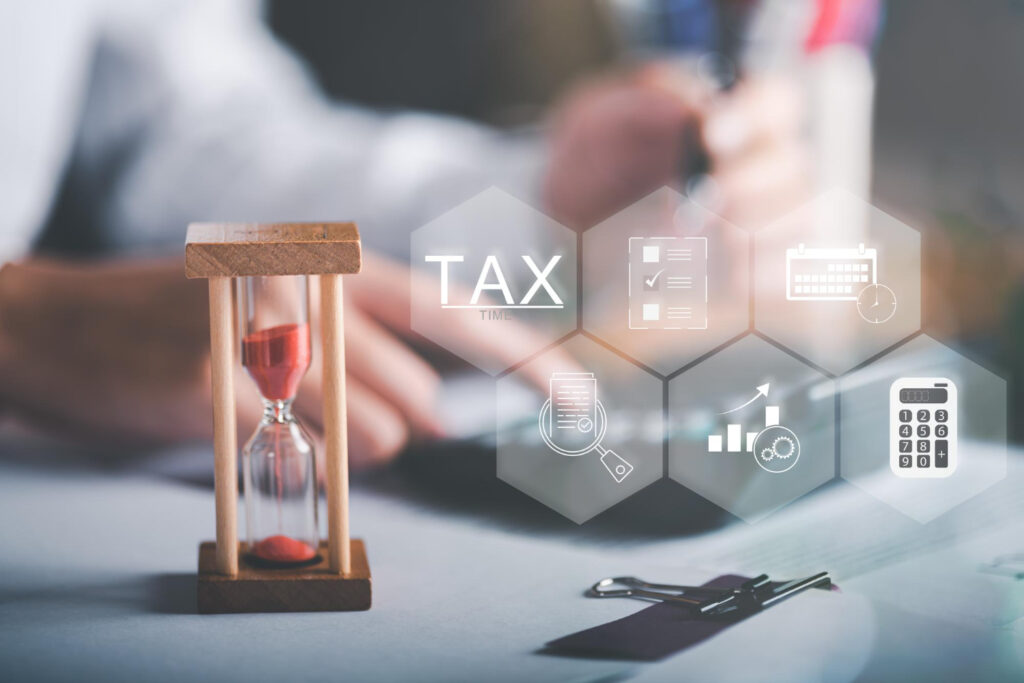
How to Use This Insight for Your 2026 Strategy
Each of these markets offers something different:
- Need tax efficiency + global access? → UAE (Dubai)
- Need a trusted HQ + banking + investors? → Singapore
- Need manufacturing and export base? → Vietnam
- Need very large domestic market? → Indonesia
- Need cost-efficient, English-speaking teams? → Philippines
Rather than picking a country just because it’s “popular”, you should align:
- Business model (trading, SaaS, factory, consulting, holding, BPO, etc.)
- Tax planning goals
- Customer and supplier locations
- Visa/residency preferences for founders and key staff
Plan Your 2026 Company Setup with InvestinAsia
If you’d like to turn this data into a concrete structure — e.g. Dubai holding + Vietnam factory + Philippines back-office — InvestinAsia can help you compare options and handle the full setup.
Talk to our team before you choose a country
We help founders and investors compare tax, FDI rules, setup costs and risk across UAE, Singapore, Vietnam, Indonesia and the Philippines — then handle all registrations, banking support and ongoing compliance.
📞 (+66) 02 118 8999
🌐 investinasia.co.th
✉️ hello@investinasia.com
